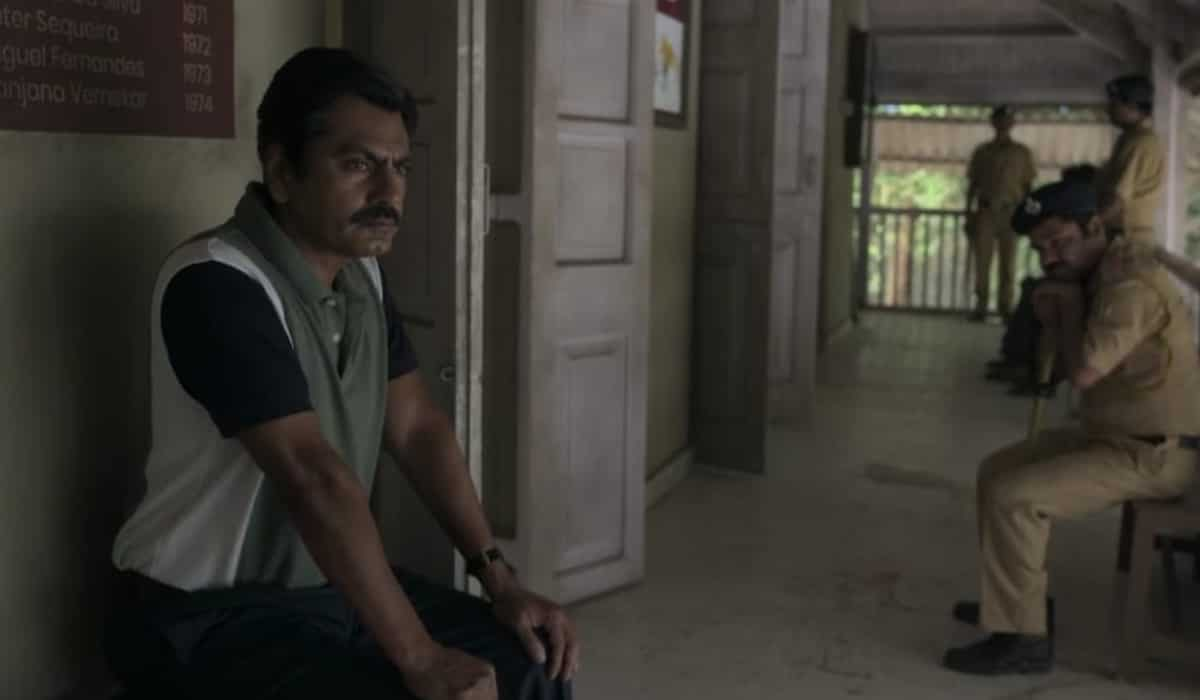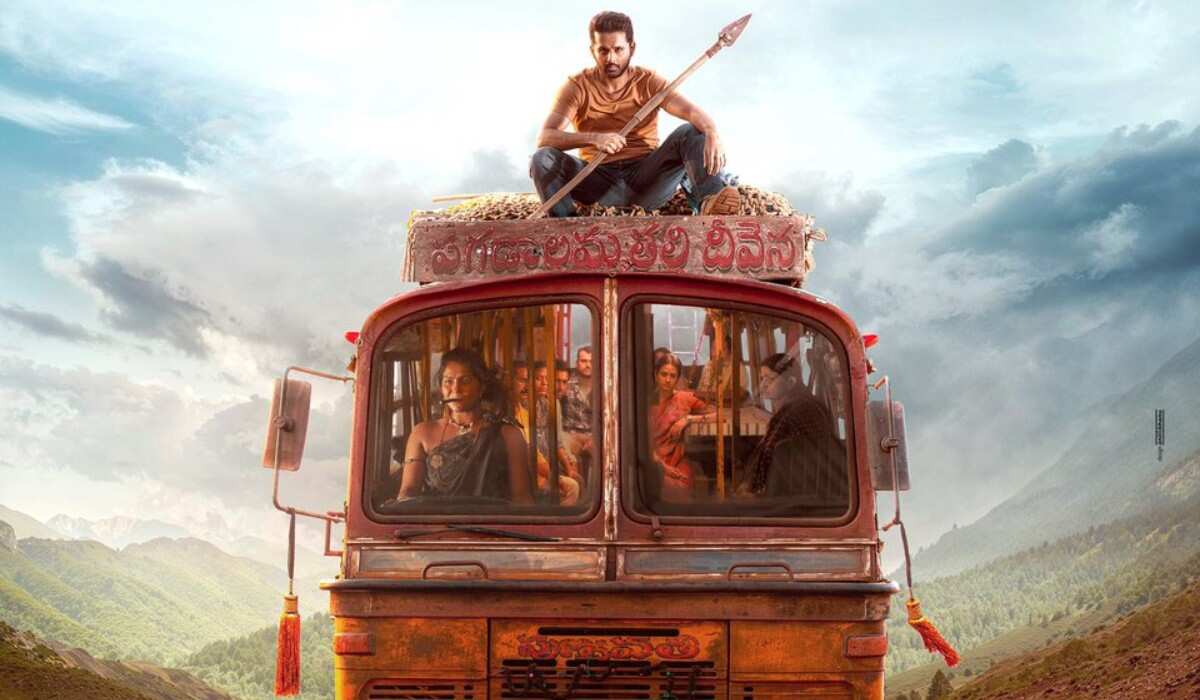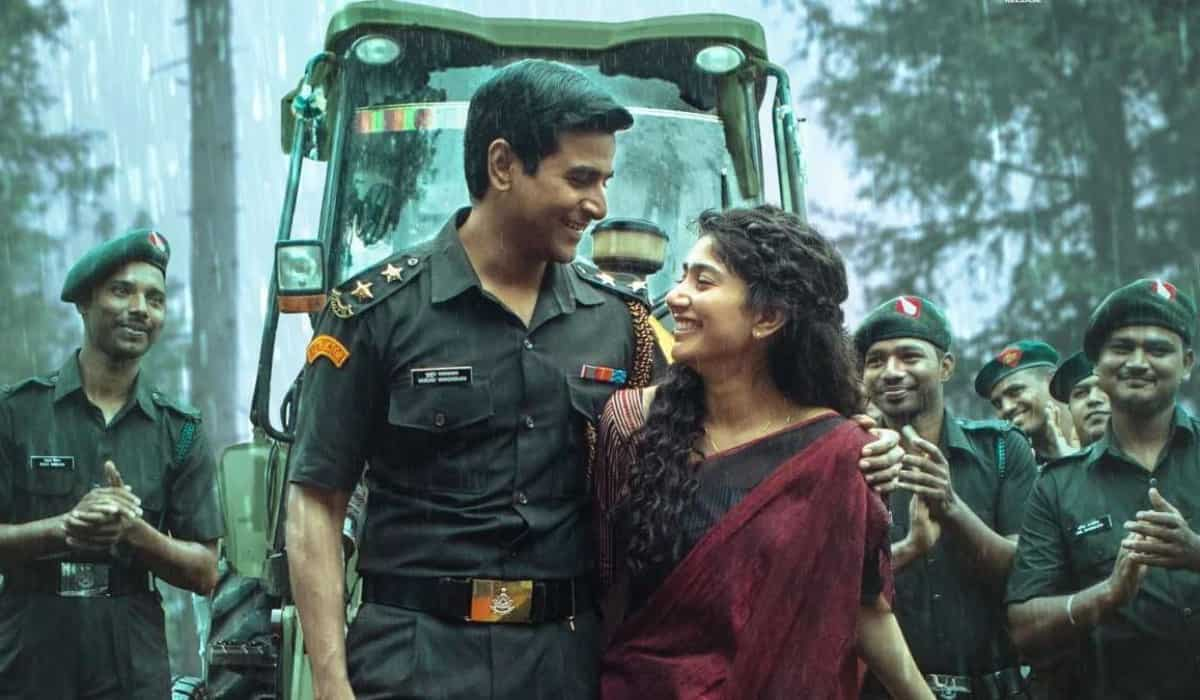
Amaran: How Sivakarthikeyan’s restrained acting and Rajkumar Periasamy's writing made the endearing biopic more than just a war film
6 months ago | 5 Views
Everyone seated for Amaran knew what was coming. No spoilers are needed, and Amaran, based on the late Major Mukund Varadarajan’s life, has been that of the country’s glory. A boy from Tambaram, Chennai, rose to the ranks of a Major and became a national hero after serving at the 44th Rashtriya Rifles for India, before his untimely death at 31 during one of the militant attacks as part of the ongoing Insurgency in Jammu and Kashmir. Amaran too, delved into the aspect of Mukund’s military strides, but what made the film close to reality and relatable, is the emotional core that detailed the love that filled Mukund’s life, the love from his wife Indhu Rebecca Varghese, love from his parents, and love from the country.
Amaran: An immortal love story
Director Rajkumar strictly maintained that Amaran is not just a war film. In fact, as per him, Amaran is a “slice-of-life” drama torn from the diary of a soldier’s life. And this is precisely, what makes Amaran endearing and live up to its immortal name. At no moment, Amaran makes you feel like an action drama. Make no mistake, because the film has enough action and gunshots. But it is about a man named Mukund (Sivakarthikeyan) who is immensely passionate about serving the Indian Army. There is more to it. More than about Mukund, it is about those around him, who love the man for what he loves.
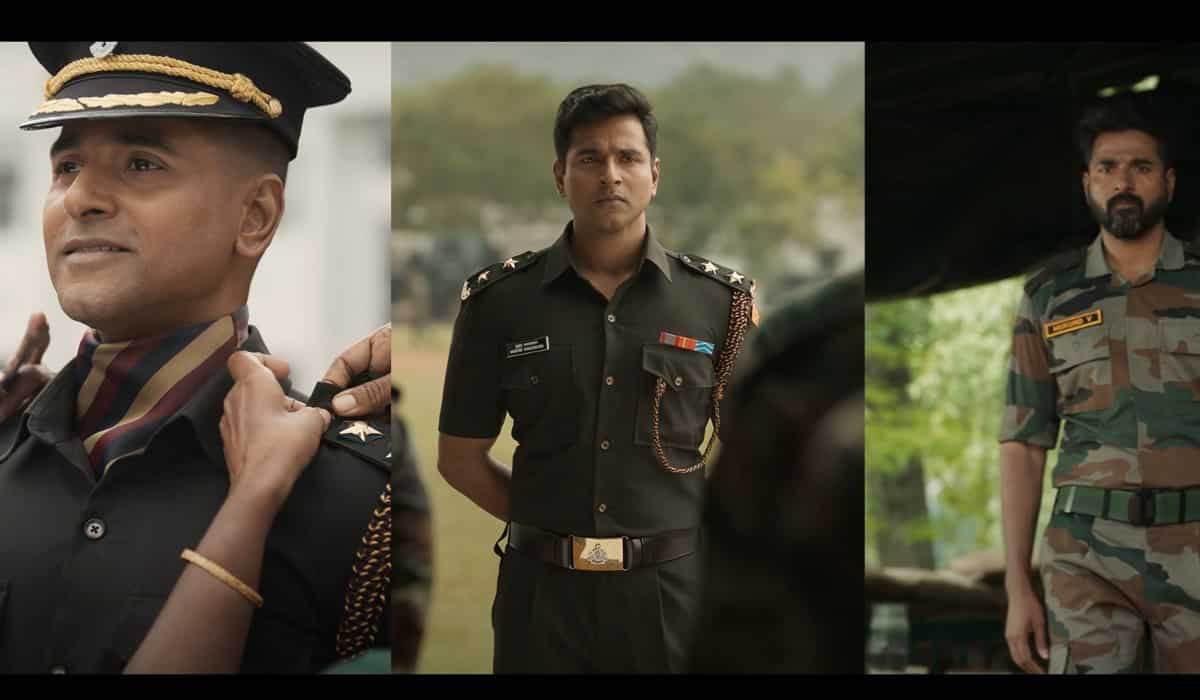
One of the reasons why Amaran works is because we constantly see the viewpoints from those around Mukund. At one point, Mukund is seen teaching his daughter Arshea a Bharathiyar poem on courage, Achamillai Achamillai. The next moment, you see Mukund and his battalion chant it before they go for a militant attack. Amaran shows Mukund as a man who is endearingly strong and protective of what he calls his own, be it his family or his country. When in Shopian, that is his child and he is fiercely protective. In another instance, Mukund and his colleagues are seen chatting about the films they enjoy. Thuppaki, Enthiran, and Anbe Sivam galore their conversation. It is scenes like this that makes Amaran close to reality, the men we see onscreen are no different from us, and they too, very much like us enjoy the lighter moments. The only difference being, even as they wield the rifles for the country’s security and their next moment could be in danger.
At one point in Amaran, Mukund’s father-in-law, a doctor, says he was “defenseless” when Mukund came asking his daughter’s hand in marriage. We are told way ahead that Mukund wife Indhu’s (a simply superb Sai Pallavi) family is up and against letting their daughter get married off to an army man. Even as there are differences between them in terms of religion and language, Mukund’s army uniform melts Indhu’s father, and he is left with no reasoning to turn down the proposal. He simply can’t say no when a man with the uniform requests for his daughter. These moments fill up Amaran, and gives flesh and love to the characters we are shown. A major credit goes to Sivakarthikeyan and Sai Pallavi, who show restrain in their acting, and let their characters do the talking. We are taken through their love story, which starts from their college days at Madras Christian College in Chennai. Mukund patrons Indhu into winning a ramp walk contest, which soon buds into a love story. The love is strong, as strong as the phone signal which makes Indhu hear the gunshots from the Kashmir valley where Mukund is stationed. Rajkumar stages such scenes with immense detailing and importance, which makes Amaran a film all about love and less about bloodshed.
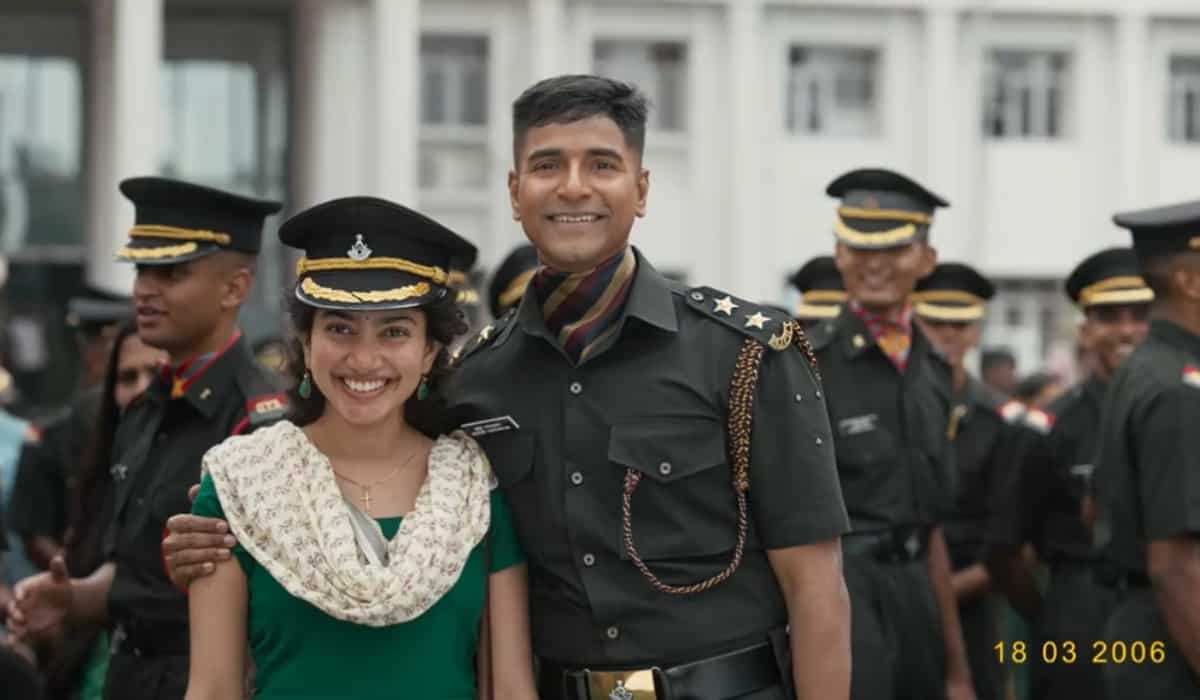
Sivakarthikeyan champions the biopic
Amaran is strongly that film which pushes Sivakarthikeyan into super stardom. If khaki uniform seals the deal for a machoism in Indian cinema, then the camouflage uniform stamps the deal. For Sivakarthikeyan, who had humble beginnings, Amaran is that film which reiterates that who we see onscreen, is a man with utmost caliber and passion. Amaran becomes that film, which will be as immortal as Mukund himself. It begins to have a life of its own, and builds a legacy that many war films had earlier failed to capitalize, that is humanize the men in camouflaged prints. By being less about guns and more about emotions, Amaran becomes a film that not only propels Sivakarthikeyan to being a bonafide star, but also an artiste who brought the life of another man who lived and breathed a life so precious, to celluloid reality.
#




